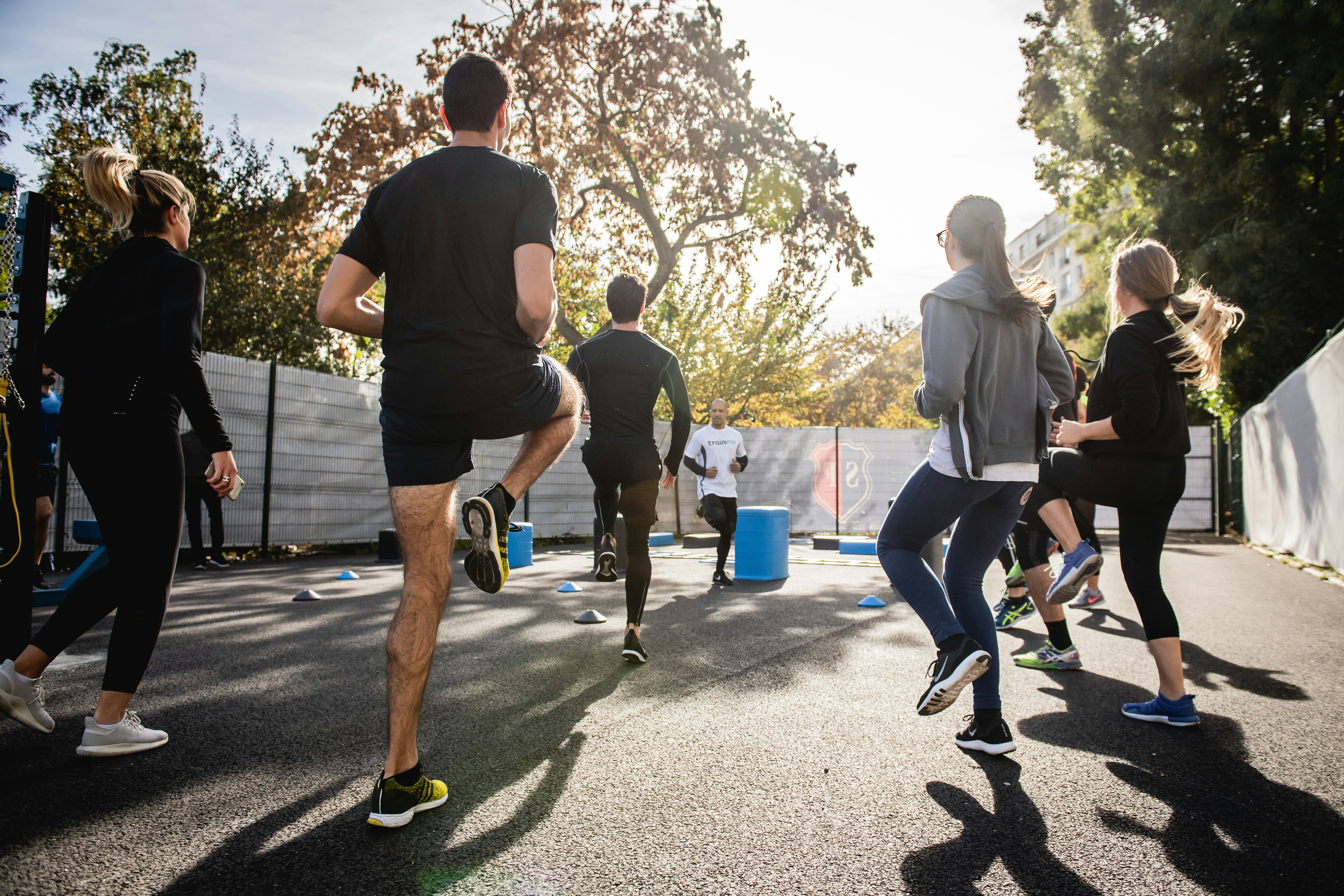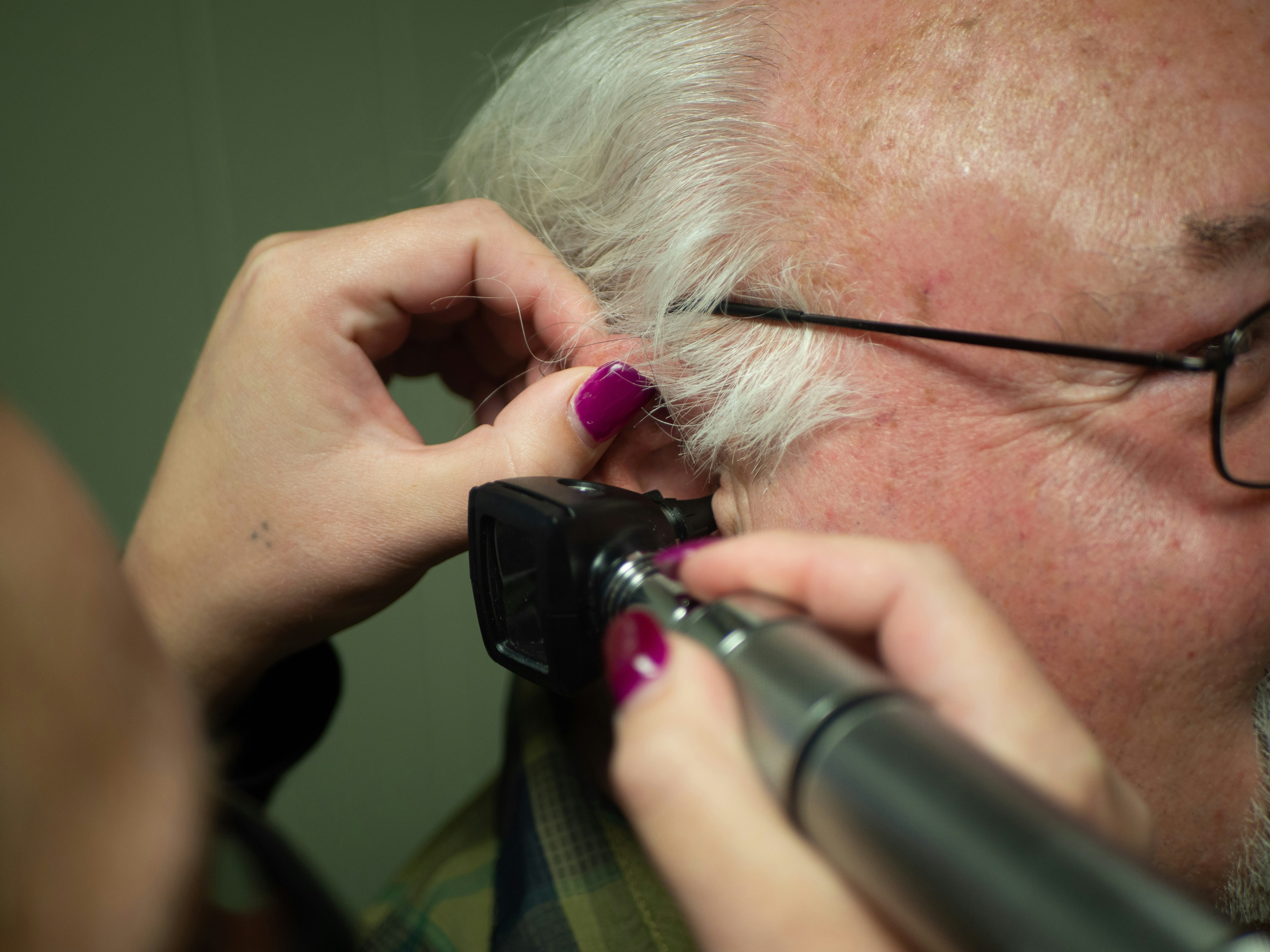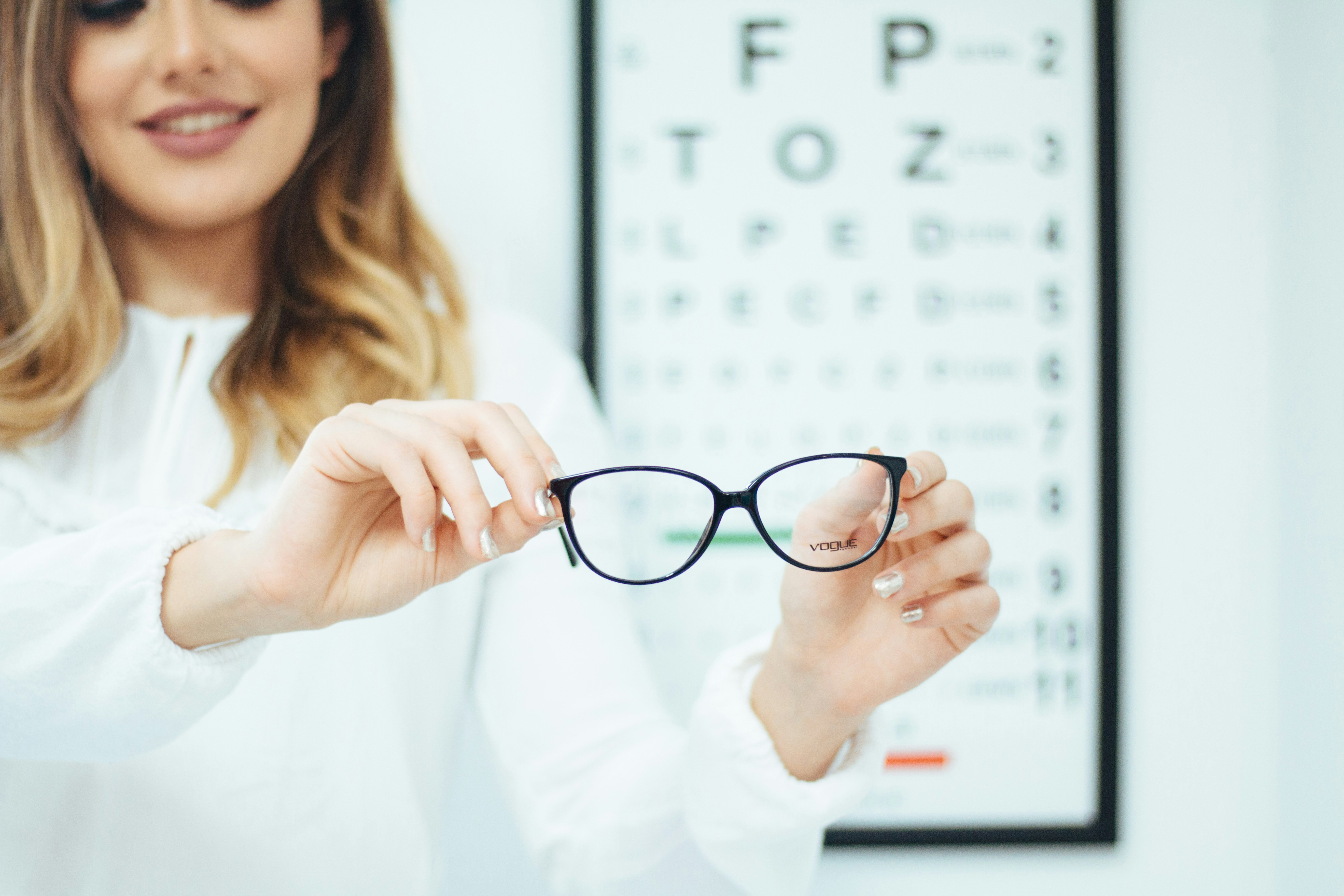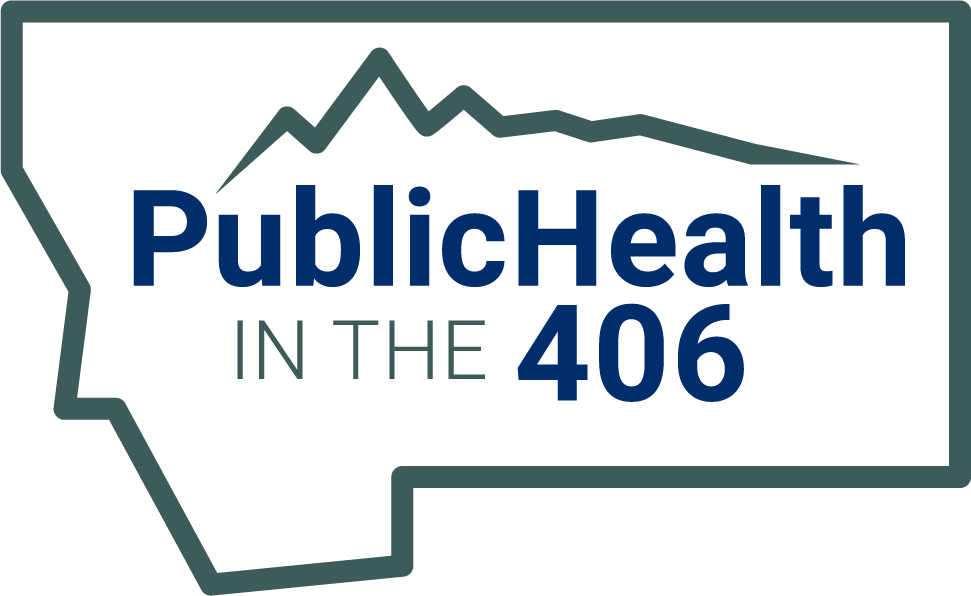Lifestyle Management to Prevent Falls
Falling is not a normal part of aging.
Many people think falls are a normal part of aging. The truth is they are not. Most falls can be prevented--and you have the power to reduce your risk of falling.
Exercising, managing medications, yearly hearing and vision checkup, and making your living environment safer are all steps to help prevent a fall.
Take the Falls Free Check-Up (en Español) to assess your risk.

The most effective way to prevent a fall is to be physically active. Performing strength and balance exercises at least three times per week will reduce the chances of falling.
Some people may feel that if they limit their activity, it will reduce their chances of falling but this will increase the risk of falling because the muscles become weaker, which helps maintain balance and stability.
Find an exercise or balance program: 5 ways to protect yourself from a fall.
Montana Falls Prevention Program
The Montana Falls Prevention Program supports three falls prevention programs:
- Stay Active & Independent for Life (SAIL)
- Stepping On
- Tai Chi for Arthritis & Falls Prevention.
All three programs include exercises designed specifically to help build strength and balance.
Home Exercises
- Exercise and Physical Activity: National Institute on Aging
- Healthy Living: AARP

At your annual wellness visit, ask your doctor to evaluate your risk for falling and talk with them about specific things you can do.
Talk to your doctor about falls--6 tips for helpful conversation.
Some risk factors for falling include:
- Chronic health conditions
- Medications
- Proper medication management is important to mange overall health, monitor chronic health conditions, and reduce risk of falling.
- Review medications annually with your doctor or a pharmacist.
- Download My Medication Record Form

Have your doctor and/or pharmacist review all the medication you take annually, this includes prescription medicine, over-the-counter medicine, herbal supplements, and vitamins.
As we age, we are more likely to experience medication side effects. Some medicines or combinations of medicines can make you feel drowsy, dizzy, or light-headed. These may cause you to lose your balance or feel unsteady on your feet.
Resources for Medication Management
- My Medication Record Form
- National Council on Aging (NCOA)
- 5 Tips to Review Medications with Your Doctor or Pharmacist
- National Council on Aging (NCOA)
- Avoiding Overmedication and Harmful Drug Reactions
- Health in Aging
- Health in Aging
*If you have unwanted or expired prescription medications, you can bring them to a prescription dropbox.
- Click to find a Rx Dropbox Location near you.
Hearing

- Check your hearing annually
- Find a local audiologist to have your hearing checked
- Online Hearing Test:
- Invest in hearing aids if recommended
- Financial Assistance for Hearing Aids: A Complete Guide
- National Council on Aging (NCOA)
- Montana Lions Sight & Hearing Foundation
- Provide financial assistance
- Over-the-counter hearing aids
- MonTech
- Try out hearing assistive technology devices and equipment for free
- Financial Assistance for Hearing Aids: A Complete Guide
- Veterans Affairs (VA)
Vision

- Check your vision annually
- Find a local ophthalmologist or optometrist to have your vision checked
- Invest or upgrade eyeglass prescription as needed
- If you have bifocal or progressive lenses, you may want to get a pair of glasses with only your distance prescription for outdoor activities, such as walking. Sometimes these types of lenses can make things seem closer or farther away than they really are.
- Montana Blind and Low Vision Services
- Montana Lions Sight & Hearing Foundation
- Provide financial assistance
- MonTech
- Try out low vision assistive technology devices and equipment for free
Over half of the falls happen at home. Making simple changes around your home can decrease your risk of falling.

Easy Home Safety Adjustments
- Remove tripping hazards such as papers, books, clothes, and shoes
- Tape or tack down or remove rugs
- Replace dim or non-functioning light bulbs
- Put handrails on all stairs and steps
- Install grab bars next to your toilet and in the tub or shower
- Click for more home safety and modification tips
Home Safety Resources
- Avoid Falls at Home
- National Council on Aging (NCOA)
- Prevent Falls with Home Safety Modifications
- National Council on Aging (NCOA)
- Home Fall Prevention Checklists for Older Adults
- Centers for Disease Control and Prevention (CDC)
- 5 Quick and Easy Home Modifications
- USC Leonard Davis
- Safe at Home Checklist
- American Occupational Therapy Association
- AARP Home Fit Guide
- AARP
- Prevent Falls at Home with Pets
- Age Safe America
- Home Safety Equipment Loans
- Loan a variety of equipment free from MonTECH




